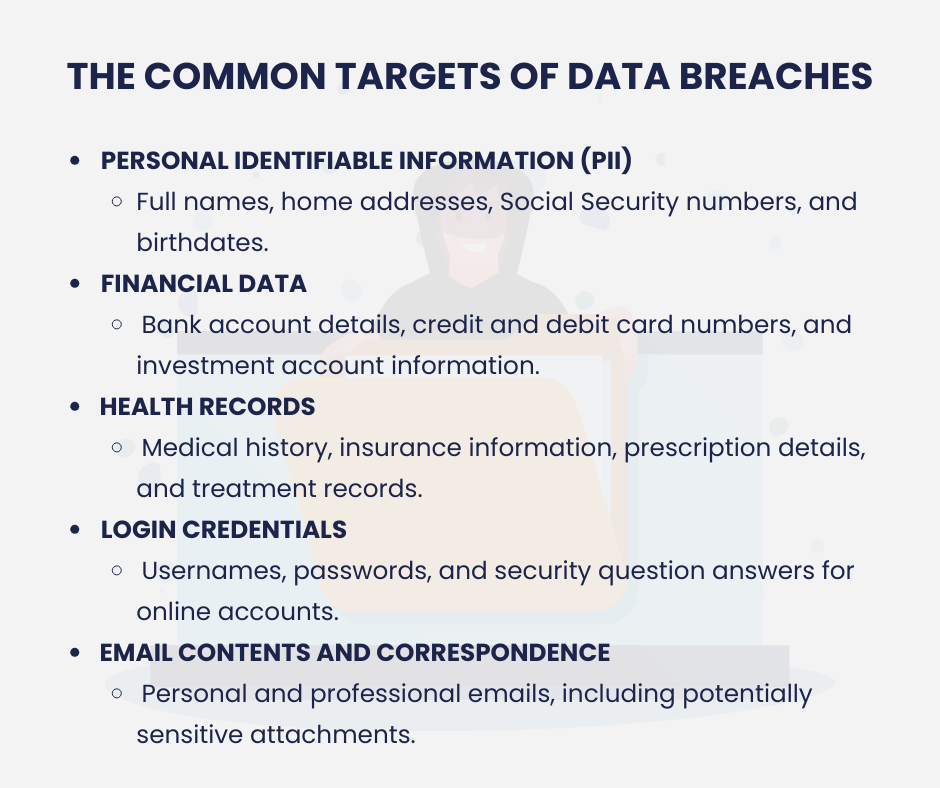In today’s interconnected world, data breaches are a pervasive threat, these serve as a stark reminder of our collective vulnerability. This blog explores the various types of information that cyber criminals often target, the risks these breaches pose, and effective strategies for safeguarding personal data.
The Spectrum of Compromised Information
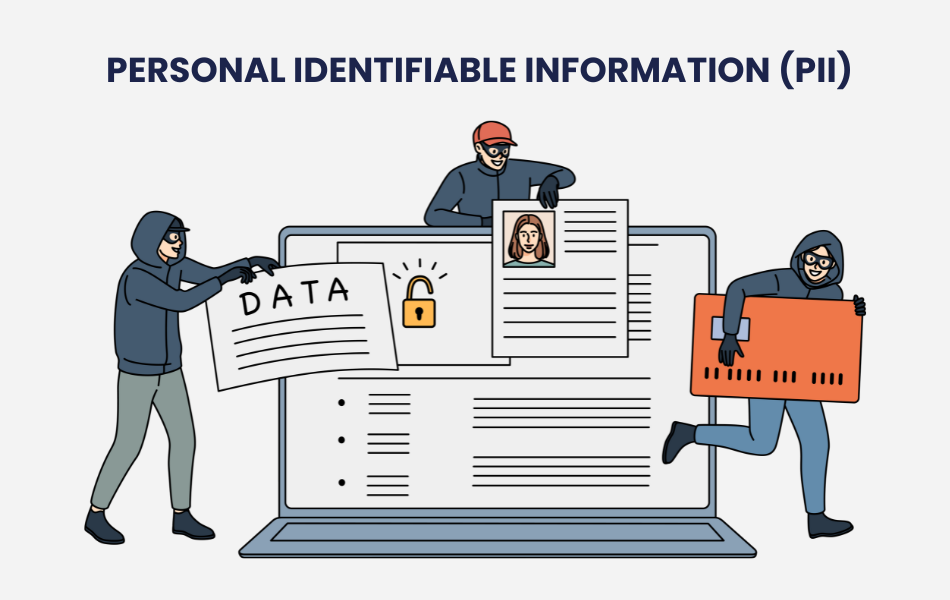
Personal Identifiable Information (PII)
- Description: Full names, home addresses, Social Security numbers, and birthdates.
- Risk: The theft of PII can lead to identity theft, where criminals open fraudulent accounts or obtain official documents in your name, wreaking havoc on your personal and financial life.
- Preventive Measure: Regularly monitor your credit reports and consider using identity theft protection services.
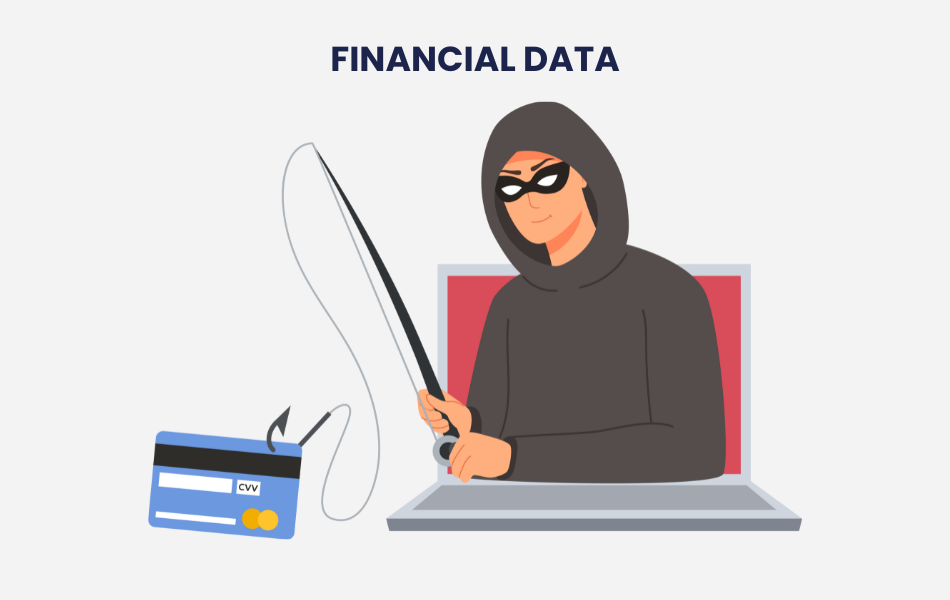
Financial Data
- Description: Bank account details, credit and debit card numbers, and investment account information.
- Risk: Enable alerts for transactions on your financial accounts and use secure, complex passwords for online banking platforms.
- Preventive Measure: Regularly monitor your credit reports and consider using identity theft protection services.
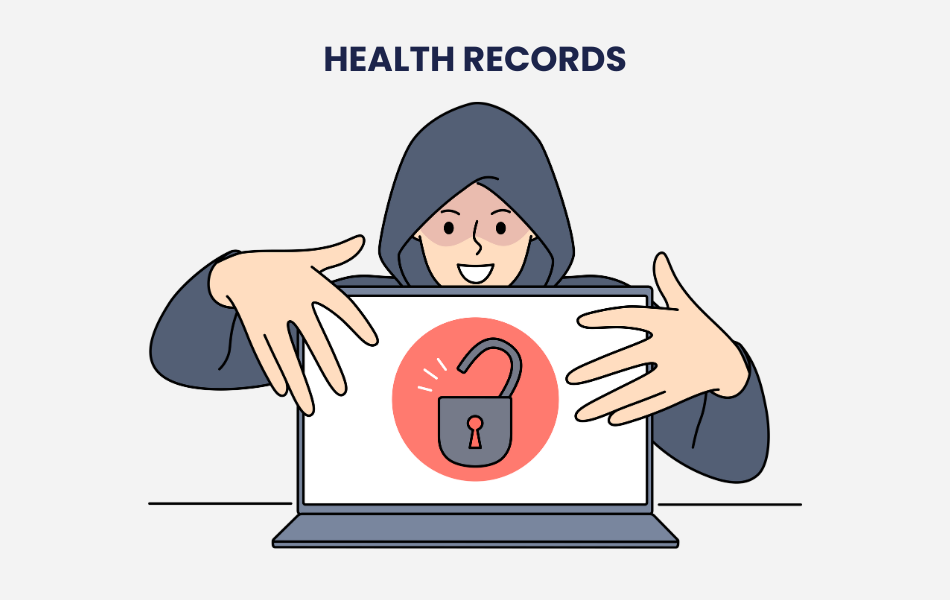
Health Records
- Description: Medical history, insurance information, prescription details, and treatment records.
- Risk: Medical identity theft can lead not only to financial loss but also to potentially life-threatening situations if a thief’s medical information is mingled with the victim’s medical records.
- Preventive Measure: Be selective about sharing health information and review medical statements regularly for signs of fraud.
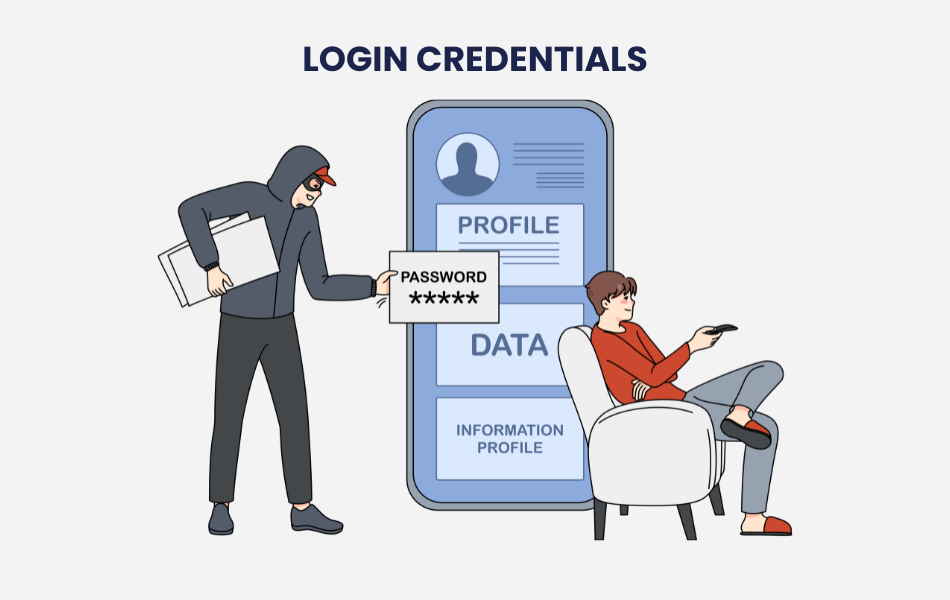
Login Credentials
- Description: Usernames, passwords, and security question answers for online accounts.
- Risk: Stolen credentials can lead to the loss of personal and financial information and enable further phishing attacks against you and your contacts.
- Preventive Measure: Use multi-factor authentication (MFA) wherever possible and never reuse passwords across different sites.
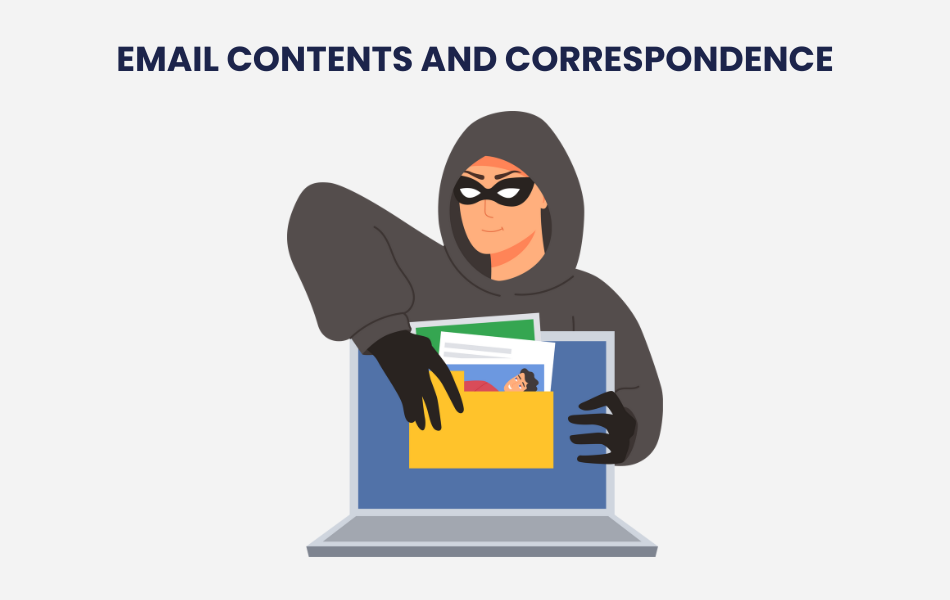
Email Contents and Correspondence
- Description: Personal and professional emails, including potentially sensitive attachments.
- Risk: Access to email can give attackers everything they need to perpetrate scams, blackmail, or further identity theft.
- Preventive Measure: Employ strong email filters, be wary of suspicious attachments or links, and regularly update your email account password.
The Broader Implications of Data Breaches
Data breaches highlight a critical yet often overlooked reality: no one is immune to the threat of cybercrime. Individuals and organizations must recognize the importance of cybersecurity as a fundamental component of their daily lives and operations. Beyond the immediate risks of financial loss and identity theft, data breaches can have long-lasting effects on an individual’s sense of security and well-being, underscoring the need for comprehensive protective measures.
Effective Strategies for Safeguarding Personal Data
Protecting against data breaches involves a multi-faceted approach, combining personal vigilance with technological solutions:
- Educate Yourself and Others: Awareness is the first line of defense. Understand the common tactics used by cybercriminals and educate your family and community.
- Regular Updates and Security Measures: Keep your software updated, use antivirus programs, and secure your home network.
- Professional Guidance: Consider consulting with cybersecurity professionals or legal advisors specializing in data protection to ensure you’re taking all possible precautions.
